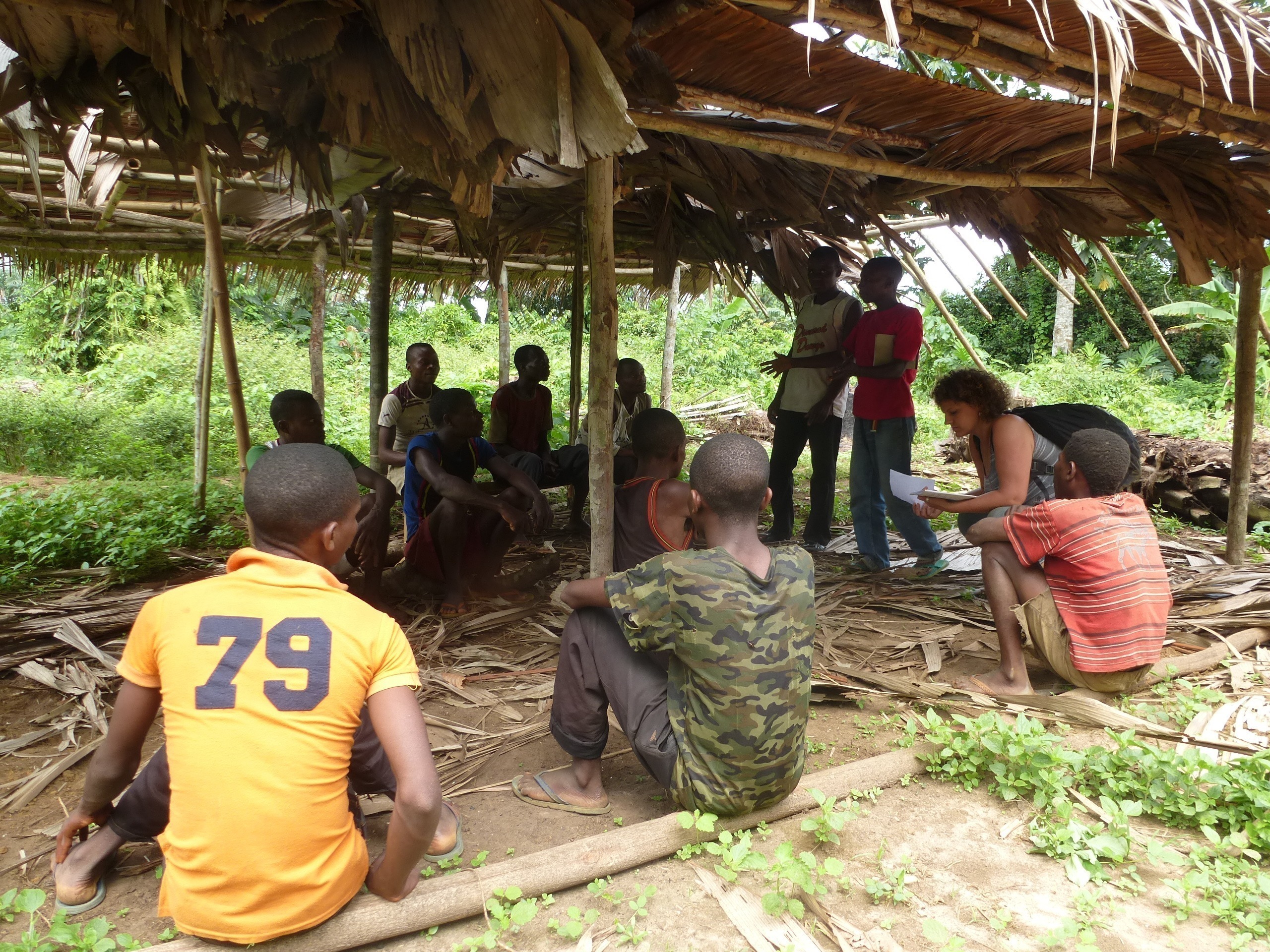Well Grounded is publishing a series of blog posts that tells the stories of people and organisations who have spoken out, who have found new ways to solve old problems and who have stuck at it in impossible circumstances in the pursuit of social and environmental justice. Be inspired!
Civil society organisations can influence legislation in all sorts of ways: lobbying, campaigning, researching, making proposals and so forth. One effective approach is to work directly with the people who develop laws and to support them in developing the very text that becomes legislation.
An organisation that has done this really successfully is the Dynamique des Groupes des Peuples Autochtones (DGPA) in the Democratic Republic of Congo. They’ve been massively involved in getting a law on indigenous peoples’ rights in front of the Congolese parliament – something which would have been inconceivable even 15 years ago. The law isn’t yet on the statute books – but the fact that it is up for debate is a real success to be celebrated and how it was done bears looking at.
The DGPA is a network set up to fight for and promote the rights of indigenous people in the DRC. As part of their thinking about how to tackle the fundamental problem – that “Pygmy” peoples are discriminated against on all fronts – the DGPA explored all sorts of possible solutions. These included a range of local level strategies – supporting indigenous and other local communities to explore ways of tackling discrimination through negotiated “peaceful coexistence”; helping communities map their traditional territories and document their rich traditional knowledge; developing practical projects that enable people to earn and keep hold of their own money and testing ways of ensuring that indigenous children have access to education. However, they kept on finding that the deep-seated problem persisted – all the time, officials and people in power would ignore or dismiss discriminatory behaviour – or would indulge in it themselves. For DGPA, the solution was to go to the top – if they could get Congo’s legislators to engage in a debate about indigenous rights and if they could get them to pass a law that specifically protected the basic rights of indigenous peoples, they felt that that would be an incredibly useful tool in their armoury.
So they started by finding allies in parliament: MPs who they could convince about the importance of the issue. Slowly and steadily they developed links and brought interested MPs together in a non-aligned group who wanted to tackle the issue. With a great deal of research and consultation with communities, indigenous activists and legal experts, facilitated by DGPA and funded in large part by Rainforest Foundation Norway, the group of MPs developed a draft legal text, which then needed the Free, Prior and Informed Consent of Congo’s indigenous citizens. This was where the process became really exciting – the DGPA managed to enable busy parliamentarians to spend 10 days each living in indigenous communities all over the country, talking with communities and really digging into what their hopes and fears were and how the law could tackle that. The teams, made up of MPs, DGPA members and other indigenous activists from Congolese networks, used a toolkit of drawings and activities, developed in all 4 of Congo’s national languages and using plenty of local languages too, (DRC has an estimated 500 languages…), to help people understand how the concerns they had expressed were translated into legislation – and to change and adapt that text if communities identified a need. They all returned to the capital from all corners of the country enthused and passionate for the law, which now had the agreement of a good cross-section of indigenous communities, to be passed.
What is so exciting about what the DGPA did in this instance was they thought big. They identified a need for new legislation and just went out and made sure that it happened. They found allies, they supported those allies with well-sourced and researched information and they stuck to their principle that any legislation that affects the people they are working with and for has to involve the participation and the consent of those people. The end result is a piece of legislation that, when it passes, will be an incredible tool for communities to defend themselves and a model of a process that the DRC can be proud of. And the members of the DGPA and their allies have stuck with it, all the way through, repeating the arguments patiently and consistently and holding on to their core principles. Even if the law never becomes law, the involvement of women and men in remote communities in thinking through complex legislation and the fact that MPs were willing to leave their comfortable offices to listen to the expertise of people on the ground and to push for those people’s recommendations to be made law is sure to deliver real benefits further down the line.
Do you have a story to share on our blog? Get in touch! Please write to: emily@well-grounded.org to share your ideas.

